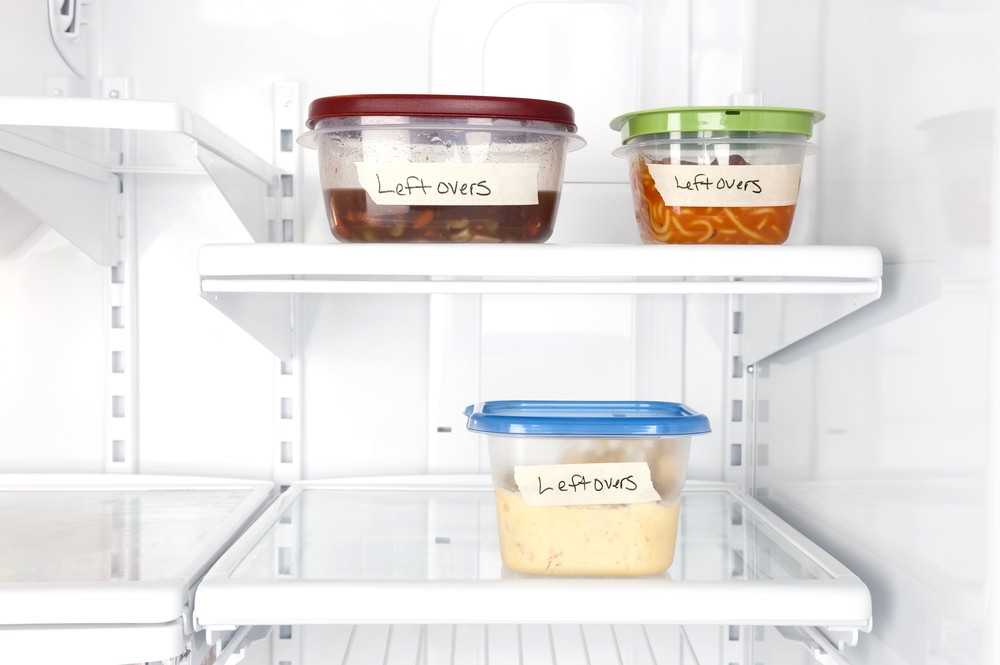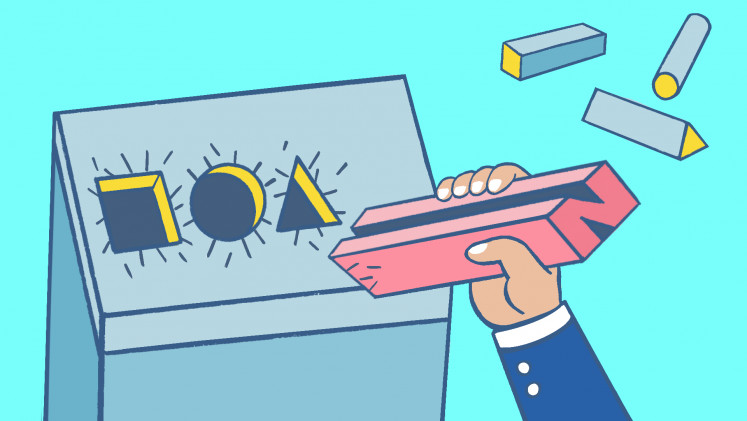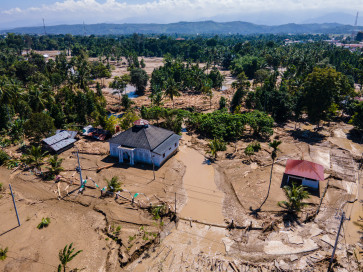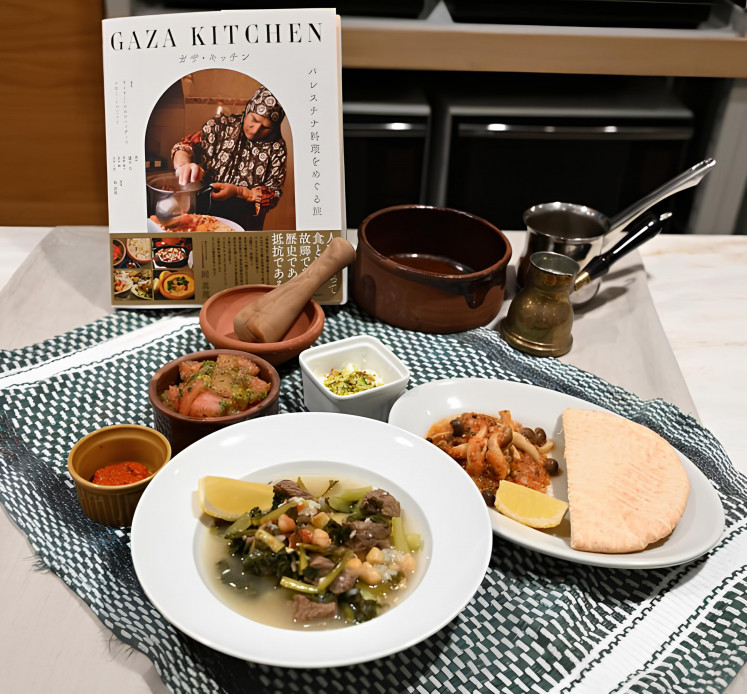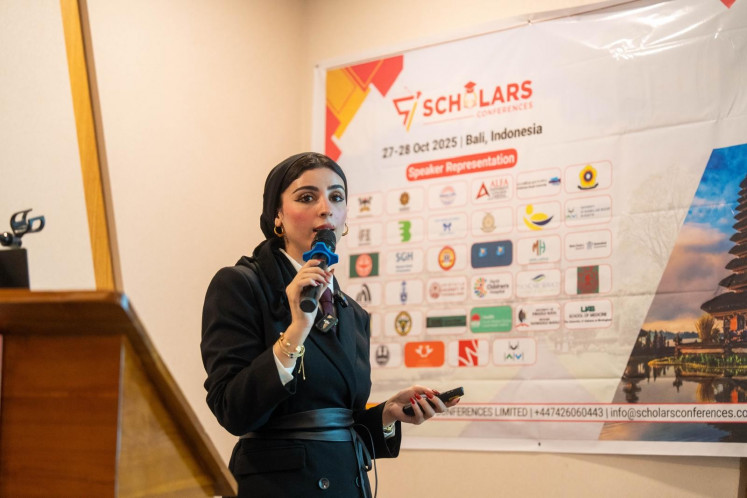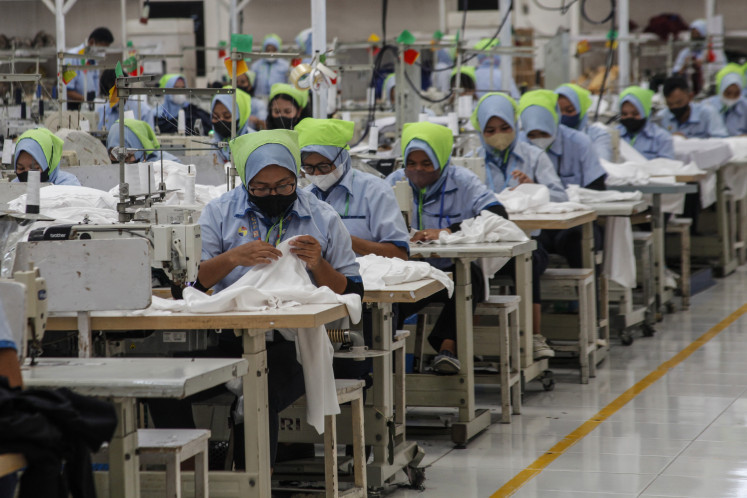Popular Reads
Top Results
Can't find what you're looking for?
View all search resultsPopular Reads
Top Results
Can't find what you're looking for?
View all search resultsPrevent food poisoning from reheating leftover food using these tips
Some people enjoy leftover food as it is convenient to reheat for a meal on another day. However, make sure the food is safe to eat before reheating if you don’t want to be exposed to the risk of food poisoning.
Change text size
Gift Premium Articles
to Anyone
H
oliday celebrations, family or office gatherings, late night parties, family dinners and even pizza parties can end with leftover food. Of course, it would be a shame to throw all that food away and so a lot of leftovers can be found in many home and office refrigerators.
Some people enjoy leftover food as it is convenient to reheat for a meal on another day. However, make sure that the food is safe to eat before reheating if you don’t want to be exposed to the risk of food poisoning. Symptoms of food poisoning include vomiting, stomach cramps and diarrhea.
Here are some tips to prevent food poisoning from leftovers:
Store it in the fridge
- Chill leftovers immediately. Meat, fish, dairy, eggs and poultry, need to be chilled within two hours of cooking. It is OK to keep them in the fridge for three or four days.
- Salad and sandwiches or any uncooked food should be refrigerated quickly to prevent bacteria from multiplying.
- Any soups, stews and casseroles can be kept in the refrigerator for two to three days.
- Pasta and potato salad can be kept for three to five days in refrigerator.
- Do not store rice in the fridge for more than 24 hours.
- Write the date of packing on the container or use sticky notes to note the date and ensure that the food is not stored for too long.
- Place the leftovers on the bottom shelf of the refrigerator to avoid leakage on other foods.
- Provide a special area in the fridge for leftovers so that you know where to find containers holding leftovers.
(Read also: Sahur tips: Foods you should not reheat)
Reheating leftovers:
- If you are not sure if leftover are safe or not, just throw them away, because sometimes you cannot judge by look, smell or taste. Bacteria does not make it look different.
- If you are reheating it in a microwave, avoid plastic containers. The chemical in a plastic container may be absorbed into the food during heating. Preferably, use a paper towel, cooking bags or anything that will not damage the food.
- If reheating leftovers on a stove gas, stir the leftovers during the process.
DO NOT reheat these foods:
- Veggies such as celery and spinach should never be reheated because the nitrates can turn toxic.
- Protein in mushrooms can be damaged if you keep them too long after preparation. It is better to eat them all at once.
- Protein in eggs can turn toxic and wreak havoc with the digestive system when reheated.
- Potatoes are a great source of energy. However, the bacteria named botulism can grow fast in a warm temperature. It is better to freeze them quickly rather than let them sit at room temperature.
- Chicken is a favorite among all. However, reheating chicken may cause digestive problems. Just make sure you cook only enough to serve. (kes)

